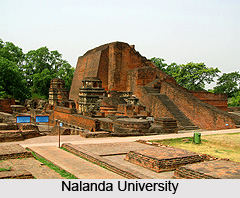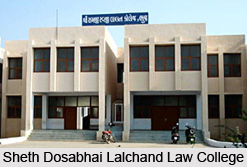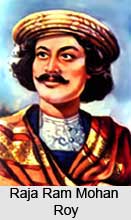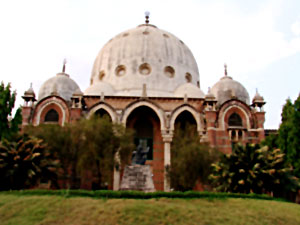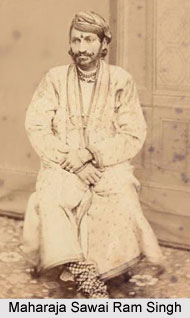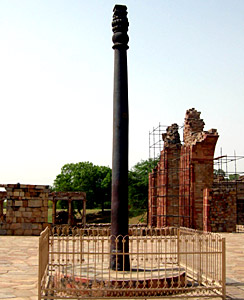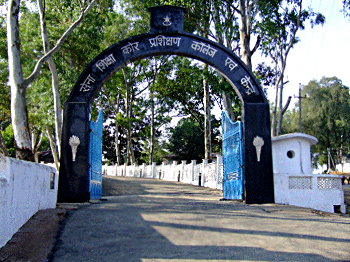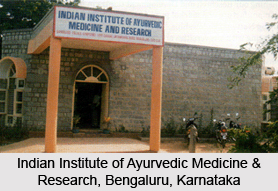 The Indian Institute of Ayurvedic Medicine & Research (IIAMR) is considered one of the forerunners for spreading the light of Ayurvedic medicine in India. The institute is situated in the city of Bangaluru in Karnataka, India and it has been working hard for propagating the traditional medicinal form of Ayurvedic, in India. The institute started its journey in the year 1997 and it is affiliated to the Rajiv Gandhi Institute of Health Sciences (RGUHS), Bangaluru. The institute is also approved by the State Government of Karnataka and is aimed at initiating research on Indian medicine.
The Indian Institute of Ayurvedic Medicine & Research (IIAMR) is considered one of the forerunners for spreading the light of Ayurvedic medicine in India. The institute is situated in the city of Bangaluru in Karnataka, India and it has been working hard for propagating the traditional medicinal form of Ayurvedic, in India. The institute started its journey in the year 1997 and it is affiliated to the Rajiv Gandhi Institute of Health Sciences (RGUHS), Bangaluru. The institute is also approved by the State Government of Karnataka and is aimed at initiating research on Indian medicine.
The Indian Institute of Ayurvedic Medicine & Research (IIAMR), Bangaluru was established with the objective of popularising the Ayurvedic system through professional Education, Research & Development. The main idea of starting this Ayurvedic Medical College was not only the propagation of Ayurvedic Medical Education but also initiation Research & Development on Indian Medicine. The Institute offers a 5 1/2-year bachelor`s degree course named Ayurvedacharya in Ayurvedic Medicine and Surgery (BAMS), at the moment.
The BAMS course offered by the Indian Institute of Ayurvedic Medicine & Research (IIAMR), Bangaluru, has been designed by the Central Council of Indian Medicine, New Delhi and this is the first of its kind in India. The Ayurvedacharya (BAMS-Bachelor of Ayurvedic Medicine & Surgery) is also the only recognised degree in Ayurveda all over India from June 1977. The college admits several students in the course every year. According to the admission procedure of the institute, the students desirous to join Indian Institute of Ayurvedic Medicine & Research (IIAMR), Bangaluru are required to apply directly to the college. The admission of the candidates is made purely be on the discretion of the Management.
The minimum eligibility for getting admitted in BAMS course in the Indian Institute of Ayurvedic Medicine & Research (IIAMR), Bangaluru is passing the PUC / + 2 / PDC or equivalent with English as one of the Languages and minimum 50% marks in the aggregate in Physics, Chemistry & Biology. B.Sc. The students should obtain a minimum 50% aggregate marks in Physics, Chemistry, Botany & Zoology and they should also be aged at least 17 years as on October, of the year of admission. The institute provides separate hostel facilities for the male and female students.
The other special facilities at the Indian Institute of Ayurvedic Medicine & Research (IIAMR), Bangaluru include an out-patient department and 100-bed Hospital for the practical training of students. There is also a steam chamber, lab, X-ray unit, an operation theatre, a well-stocked library and computer center in the institute. In addition to them, there is a research centre where ayurvedic medicines are prepared under the supervision of experts. Some of the major departments of the IIAMR, Bangaluru include the department of Surgery, ENT, Diabetes, Pediatrics and Toxicology. The institute provides high quality Snakebite treatment and leech treatment, as well.
